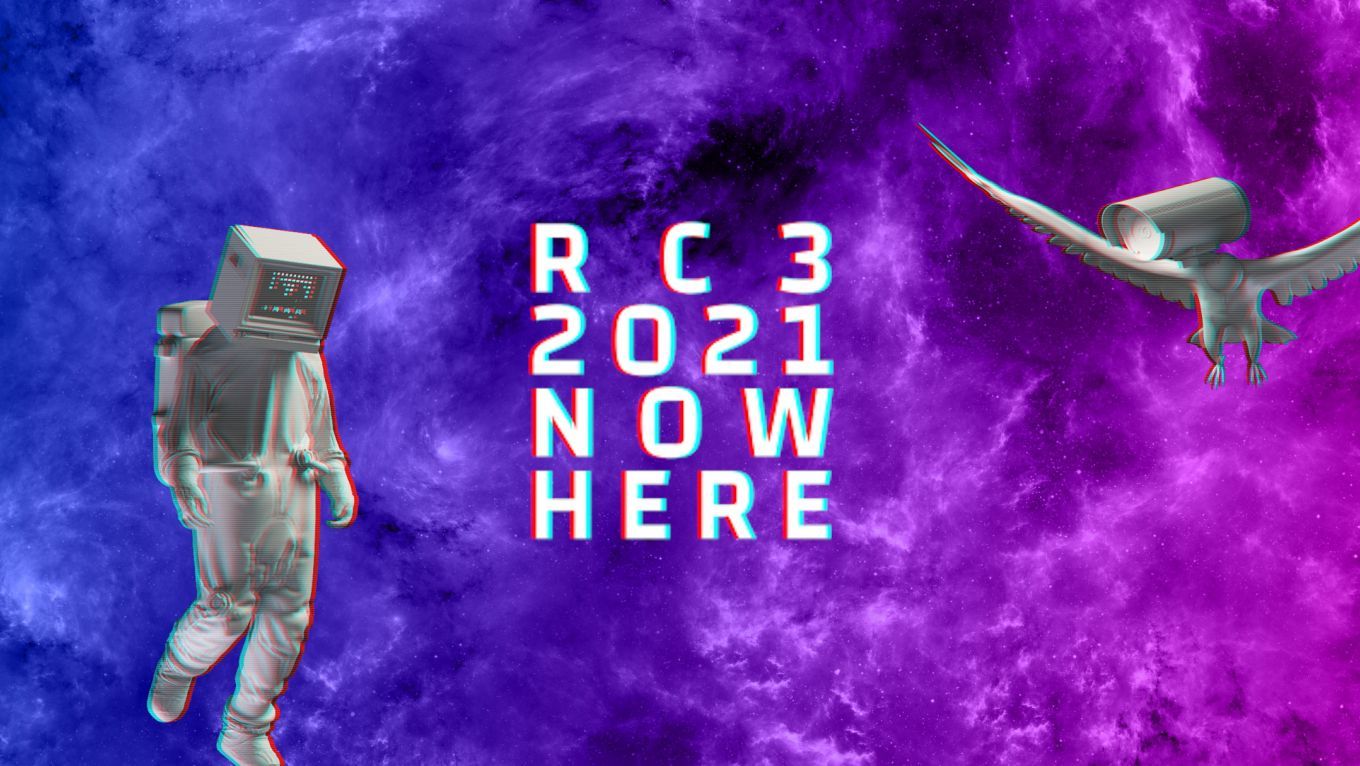r3s - RemoteRheinRuhr Talk
Resource-Efficient Software & Blauer Engel Eco-Certification
The Blauer Engel 4 FOSS (BE4FOSS) project from KDE e.V. seeks to collect, summarize, and spread information related to eco-certification and resource efficiency as it relates to FOSS development. In this talk I will focus primarily on the energy consumption of software, which is also the focus of the Free & Open Source Software Energy Efficiency Project, or FEEP for short. I will walk the audience through the 3 steps for obtaining *Blauer Engel* certification: (1) *Measure*, (2) *Analyze*, (3) *Certify*.
How independent is software from hardware? Unlike the tangible material of hardware, software is intangible, non-material. Or so it may seem. Often overlooked is the fact that the resource consumption of hardware is determined by the software running on it!
*How much energy is used?* Look at the software: the same machine doing the same task with different software can have drastically different energy demands. *How long is the operating life of a piece of hardware?* Again, software is critical. Software bloat requiring more and more powerful hardware results in new devices being manufactured and sold, while perfectly functioning devices are discarded.
So when thinking about sustainability, we at KDE Eco think software – especially Free Software – is a good place to start. Free Software means users and their communities have the freedom to control the software they use, not the other way around. These freedoms provide real choice: choice in what to install, or uninstall; options to modify software to run more, or less, efficiently; opting to continue support for older, but functioning, devices; and so on.
Each of these choices has a cost and/or benefit. For instance, the more (unnecessary) processes a piece of software runs in the background, the more resources the hardware will need. Multiply such costs by hundreds of millions, or even billions, of computer users worldwide, and it quickly adds up.
In short, software efficiency means resource efficiency.
Recently, the interdependency between software engineering and sustainability issues was officially recognized by the German Environment Agency (*Umweltbundesamt*, or UBA). As of 2020, UBA released the award criteria for desktop software to obtain eco-certification with the *Blauer Engel* label. Categories for certification include energy efficiency, extending the potential operating life of hardware, and user autonomy ... all of which fit seamlessly with Free and Open Source Software (FOSS).
The Blauer Engel 4 FOSS (BE4FOSS) project from KDE e.V. seeks to collect, summarize, and spread information related to eco-certification and resource efficiency as it relates to FOSS development. In this talk I will focus primarily on the energy consumption of software, which is also the focus of the Free & Open Source Software Energy Efficiency Project, or FEEP for short. I will walk the audience through the 3 steps for obtaining *Blauer Engel* certification: (1) *Measure*, (2) *Analyze*, (3) *Certify*. This 3-step workflow will be described in detail, with concrete examples from KDE software. I will end the talk with an open call for community engagement, both specifically in applying for Blauer Engel certification and more generally in supporting a resource-efficient, Free Software future.
Additional information
| Live Stream | https://streaming.media.ccc.de/rc3/r3s |
|---|---|
| Type | Lightning Talk |
| Language | English |
More sessions
| 12/27/21 |
With approaches dating back to the 20th century, the idea of a TPM is simple: An isolated, constrained environment to offload trust establishment in a larger computing environment. That implies cryptography, firmware, hardware, and per application, different requirements. This talk elaborates on how the seemingly simple concept has been expanded over the years, enumerating implementations in hardware, firmware, other layers of software, and even web browsers, explaining why it is in fact far ...
|
| 12/27/21 |
kommt noch - wird nachgereicht - Wunschtermin: 27.12.2021 gegen Mittag - einzige Möglichkeit
|
| 12/27/21 |
Potato Presenter ist eine Desktopanwendung mit der man Präsentationen erstellen kann. Es erwartet einen Textinput und generiert daraus eine Vorschau, auf welcher der User die einzelnen Elemente beliebig mit Hilfe der Maus manipulieren kann.
|
| 12/27/21 |
Freifunk hat einen Bildungsauftrag. Wie kann dem gerecht werden?
|
| 12/27/21 |
Some websites offer a spinning wheel where you, in return for your e-mail address, can win prices and discounts and products. I dove into the code which powers this 'game', and discovered that many prices can't be won, even when altering the probabilities. In this talk I will discuss what I discovered, what I tried, and what the results were.
|
| 12/27/21 |
You like tinkering with single board computers, mesh networks and antennas? You've done it all! But what's next? Maybe this talk is for you. Using Linux, software defined radio and dirty little scripts, we built a realtime marine & airborne vehicle tracking network.
|
| 12/27/21 |
Moderierte Lightningtalks! Reicht eure Ideen unter https://pads.ccc.de/veryshort ein.
|

